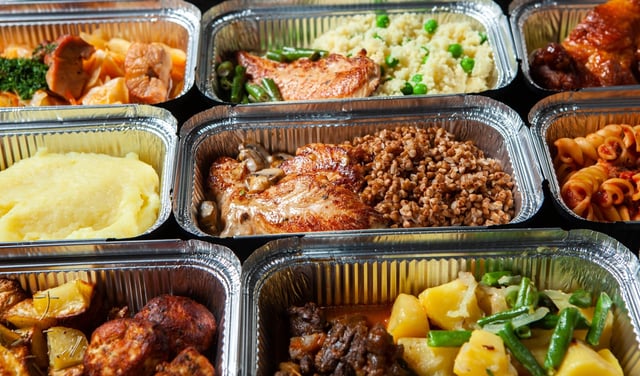Overview
- A UK crossover trial had 55 overweight adults eat ultra-processed or minimally processed meals for eight weeks each with identical calories and nutrients.
- Participants lost about 1 percent of body weight on ultra-processed diets versus roughly 2 percent on minimally processed diets, and saw smaller drops in body fat.
- Self-reported appetite tracking revealed more frequent hunger attacks and cravings during the ultra-processed phase despite free access to all delivered foods.
- Investigators point to engineered sugar levels, additives and soft textures in convenience foods as factors that undermine satiety and encourage overeating.
- Authors advocate public education measures, warning labels, advertising limits, fiscal incentives and revised dietary guidelines to curb ultra-processed food consumption.



